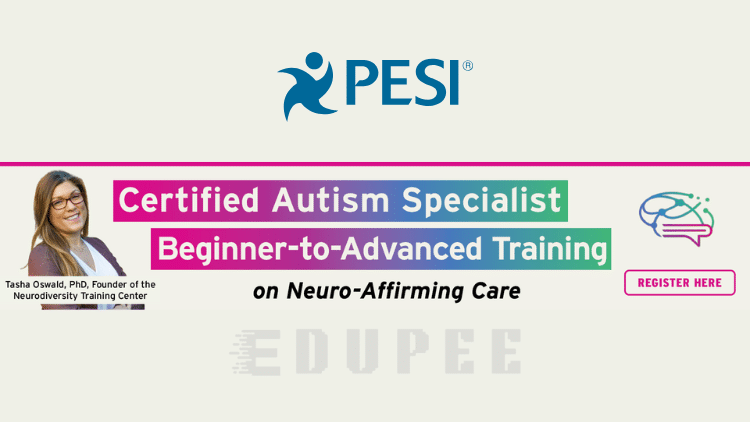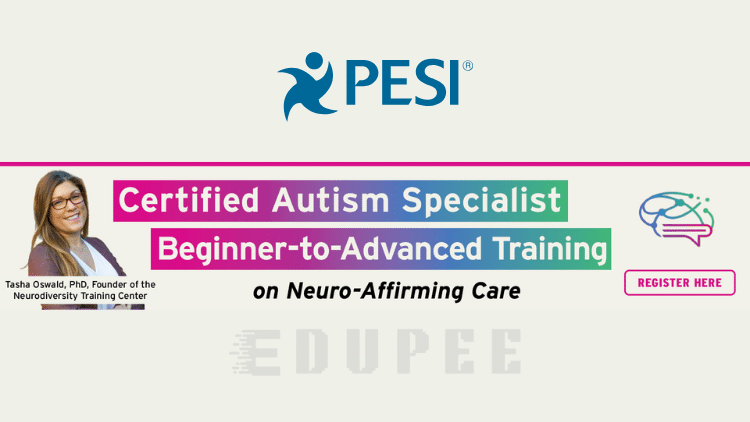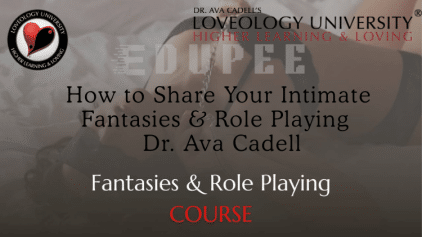Certified Autism Specialist: Beginner-to-Advanced Training on Neuro-Affirming Care by Tasha Oswald – Instant Download
Content Proof:
Certified Autism Specialist: Beginner-to-Advanced Training on Neuro-Affirming Care by Tasha Oswald
🌟 Become a Certified Autism Treatment Specialist! 🌟
Join Dr. Tasha Oswald, PhD—renowned autism expert and neurodivergent clinician—for the most comprehensive training on supporting autistic teens and adults.
You’ll gain:
✅ Up-to-date strategies to truly help, not harm
✅ Live case consultation calls with real-world scenarios
✅ Proven tools to boost your confidence and effectiveness
Walk away fully equipped—with the skills, credentials, and confidence to provide transformative care and become a certified *Expert Autism Clinician.
Dr. Tasha Oswald is a leading neurodiversity-affirming psychologist and clinical consultant, dedicated to creating therapies that genuinely support autistic clients.
Drawing on more than 20 years of hands-on experience and specialized training in IFS and Polyvagal-informed approaches, she founded the Neurodiversity Training Center to provide the affirming education and consultation today’s professionals need.
Now for the first time ever, she’s making her proven insights and methods available to you in this exclusive and fully comprehensive program.
Sign up today, and you’ll get access to:
- The latest research and advancements in diagnosis, screening, and referral process
- Start-to-finish treatment planning, including goal setting and collaborative care
- Proven interventions using IFS therapy, CBT, and DBT
- All new evidence-based strategies to work with trauma, anxiety, and depression
- Printable slides, experiential exercises, and real-world case scenarios
- And much more!
You’ll end this program with the skills, knowledge, and a complete treatment approach, so you can confidently work with this underserved client population.
PART 1: Foundations of Autism
Module 1 – Models of Autism: Medical and Social Models
- Self-Reflection Exercise to Explore Assumptions about Autism
- Overview of Medical Model
- Overview of Social Model
- Neurodiversity Language Introduced
Module 2 – Autistic Traits: What All Therapists Need to Know
- Autism as Defined by the Medical Model (DSM & ICD)
- Autistic Experiences Not in the DSM
- Explore Case Examples
- Autism as Defined by the Autistic Community
- Neurodiversity-Affirming Language Guide
Module 3 – Providing Culturally Competent and Neurodiversity-Affirming Care
- History of the Neurodiversity Movement
- Autistic Identity and Autistic Culture
- Neurodiversity-Affirming Approach is Culturally Responsive
- Evaluating and Addressing Your Own Ableist Biases
- Alternatives to Ableist Language
Module 4 – Hot Topics in Autism
- Interoception and Alexithymia
- Autistic Burnout
- Pathological Demand Avoidance (PDA)
- Rejection Sensitive Dysphoria (RSD)
- Intersectionality (BIPOC, LGBTQIA+, Autigender, Neuroqueer)
- Autistic Masking and Camouflaging
Module 5 – Trauma and Autism
- PTSD and Autism
- Complex PTSD and Autism
- Common Sources of Trauma for Autistic Individuals
- Autism-Specific Risk Factors for Trauma
- Differential Diagnosis of Autism and PTSD
PART 2: Case Conceptualization, Screening, and Assessment
Module 6 – Clinical Considerations for Special Populations
- Late-Life Diagnosed Autistic Adults
- Women and Autism
- Highly Sensitive Person (HSP) and Autism
Module 7 – Case Conceptualization: Unraveling the Complexity
- Dispelling Misconceptions about Autism
- Variations in Autism Presentation
- Common Presenting Problems
- Case Examples
Module 8 – Autism in Context: History, Causes and Neurodevelopment
- History of Autism
- Prevalence Rates and Trends Over Time
- Genetics and Environmental Factors
- Autism Theories, Double Empathy and Monotropism
- Current Research, Risks, and Limitations
Module 9 – Autism Screening, Identification and Diagnosis: What all Therapists Need to Know
- Is My Client Autistic? Signs Therapists May Notice
- Adult Autism Screening Tools
- Autism Assessment Process and Making a Referral
- Common Co-Occurring Diagnoses and Differential Diagnosis
- Why is Autism so Often Misdiagnosed or Undiagnosed
Module 10 – After the Autism Diagnosis: Now what?
- Common Client Reactions to an Autism Diagnosis
- Common Parent and Family Reactions to an Autism Diagnosis
- Post-Assessment Support and Adjunctive Services
- Family, Community and Educational Support
- Executive Functioning Support
- Employment and Housing Support
- Sensory and Fine and Gross Motor Support
- Psychiatric, Pharmacological, and Medical Support
PART 3: Mental Health Treatment and Autism
Module 11 – Neurodiversity-Affirming Therapy: Principles and Strategies
- What Autistic Clients Need From a Therapist
- COMPASS Mnemonic for Neuro-Affirming Therapy
- Neuro-Affirming Principles and Strategies
- Applying a Neuro-Affirming Approach to Case Examples
- Overcoming Treatment Barriers
Module 12 – Treatment Planning
- How to Set Neuro-Affirming Treatment Goals
- Developing Goals for Common Presenting Problems
- When to Treat, When to Refer and How to Get Consultation
- How to Prioritize Treatment Goals
- Coordinating Care with Other Professionals
Module 13 – Interventions to Support Autistic Clients
- Neuro-Affirming Strategies for Intake and Initial Sessions with Client
- Interventions to Support Self-Awareness and Self-Acceptance
- Interventions to Explore Sensory Systems, Sensory Diets and Self-Care
- Interventions to Support Emotion Regulation and Reduce Overwhelm
- Interventions to Support Relationships and Socio-Emotional Communication
- Tips and Clinical Insights
Module 14 – Evidence-Based Approaches for Co-Occurring Mental Health Concerns
- Research on Anxiety and Depression in Autism
- Research Risks and Limitations
- Modifying CBT Protocols to Treat Anxiety and Depression in Autistic Clients
- CBT-Based Case Examples
- Emerging and Promising Treatment Approaches: IFS and DBT











Reviews
There are no reviews yet.